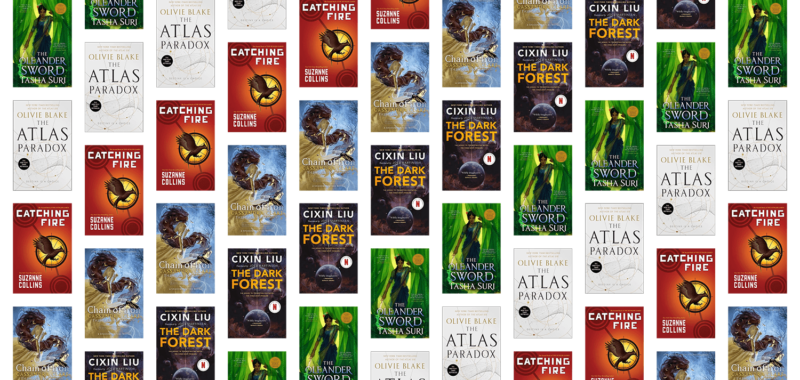Middle books of trilogies have somewhat picked up a reputation for being the textual equivalent of filler episodes, which I find unfair because some of my favorite books are trilogy middles. They’re too easily typecast as the path to get from opening to ending, from the introduction of the world to the grand finale. But middle books that are done well feel like such careful expansions, playing off of book one while also keeping a steady direction for book three. They’re not just an easy way to gallivant from one important installment to the other: they’re at once self-contained but also pivotal to the essence of the trilogy.
At times if I’m going back for a re-read, it’s the middle book that I will pick up. It’s less establishing work that is usually done in the first book, and also often less anxiety-inducing than a conclusion! (Which means middles tend to have my favorite character moments.) My upcoming release Vilest Things was written with all of this in mind—after the events of Immortal Longings, there is so much more of the world to see, but it is foremost the characters’ time to shine as they work through betrayals and angst… before their battle sides are chosen for book three’s grand finale.
Here are five of my favorite trilogy middles, some of which are absolutely the best books of their respective series, in my opinion.
Catching Fire by Suzanne Collins
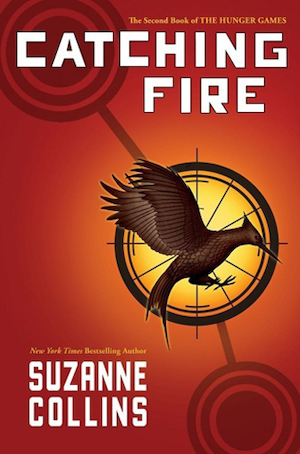
We have to start with the classic, the reigning middle book that is the very epitome of skillful series expansion. In The Hunger Games, we’re introduced to the annual games, where the District tributes are selected to fight each other to the death. Catching Fire takes the initial concept to do the All-Stars run, while introducing more of Panem on the page and working through the consequences of the choices made in book one. It took me a few years after the books initially came out, on a second or third re-read, for me to really appreciate the structure of the ever-expanding “games” in every installment, where the stakes are steadily increasing until the third book—when the Capitol itself is the battle arena.
The Atlas Paradox by Olivie Blake
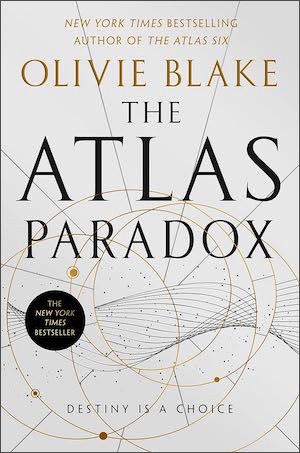
Another trilogy that does fantastic expansion, slowly widening the scope from what we initially saw for book one. The Atlas Six is a stunning opener, following six main characters seeking to join the Alexandrian Society with one main hurdle in their way: only five will make it. The beauty of the Atlas Trilogy is that it is about the descent of these characters, the push and pull between them, the ways they will lie to each other–and lie to themselves. I love The Atlas Paradox for how it keeps twisting and twisting because of the choices our main characters make—though the glamorous society and potential for unending power glimmers as a possibility in the horizon, it is less about whether or not our characters will acquire it and more about how this shapes them, changes them, corrupts them. The perfect questions to ask to lead into a book three conclusion.
Chain of Iron by Cassandra Clare
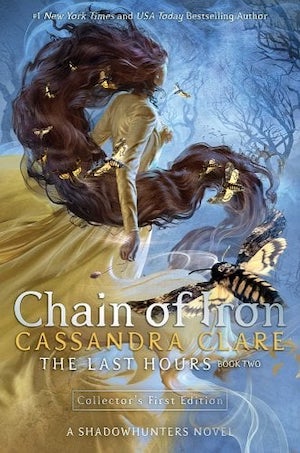
I’ve been a Shadowhunters groupie for almost a decade now and there’s always something specific I love about each new series. For the The Last Hours trilogy, it’s the sheer exhilaration that stems out of the drama steadily growing from book one to three. Following the prominent families of demon-battling warriors in Edwardian London, readers are left fearful of something erupting in chaos on every new page—and by fearful, I mean I love it. It takes a lot to genuinely convince me to change my mind about which side of a love triangle I’m on, and from Chain of Gold to Chain of Iron, I performed such a drastic 180 that it only speaks to how well book one sets up for book two to flourish with a life of its own.
The Oleander Sword by Tasha Suri
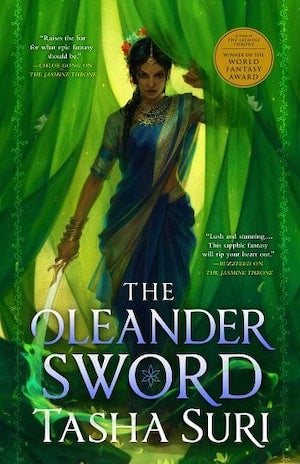
There are some fantasy series where it feels like there are war drums playing in the distance, and they’re getting louder and louder with each book, and this is one of them. The Jasmine Throne was a masterclass in fantasy worldbuilding, following a princess and her maidservant seeking to depose a traitor ruler from his throne. In classic sequel fashion, The Oleander Sword expands outward to build on the world and add depth to what we already knew, but I’m most fascinated by witnessing the characters react to their new situations after the course of the first book. The best trilogies, after all, show us how its characters shift and adapt through the course of an expanding story. The Lotus Empire, book three, is out in November 2024 and unfortunately I can’t time travel quite yet to comment on how it all ends, but I am frantically excited for the explosive finale.
The Dark Forest by Cixin Liu
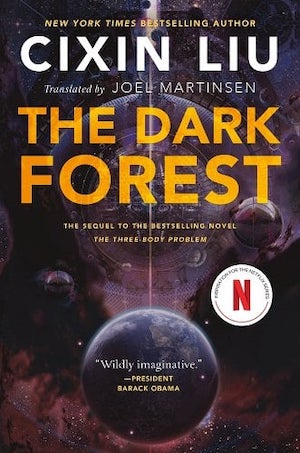
I really love a trilogy that plays with structure and how changing point-of-views can already brace us for aspects of the story going in. After the world-threatening, humanity-threatening, possibly-end-of-times (but maybe not for another few hundred years?!) events of The Three-Body Problem, its sequel The Dark Forest seeks to pick up where we left off and find a way for humanity to emerge victorious. The book is incredibly aware of the consequences that book one introduced, and smoothly paves the way to the time-skip of book three without losing the high-intensity stakes of its own.
Buy the Book
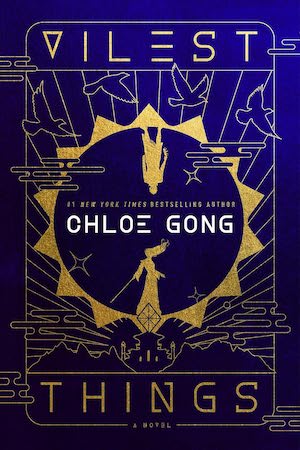

Flesh & False Gods Book 2

